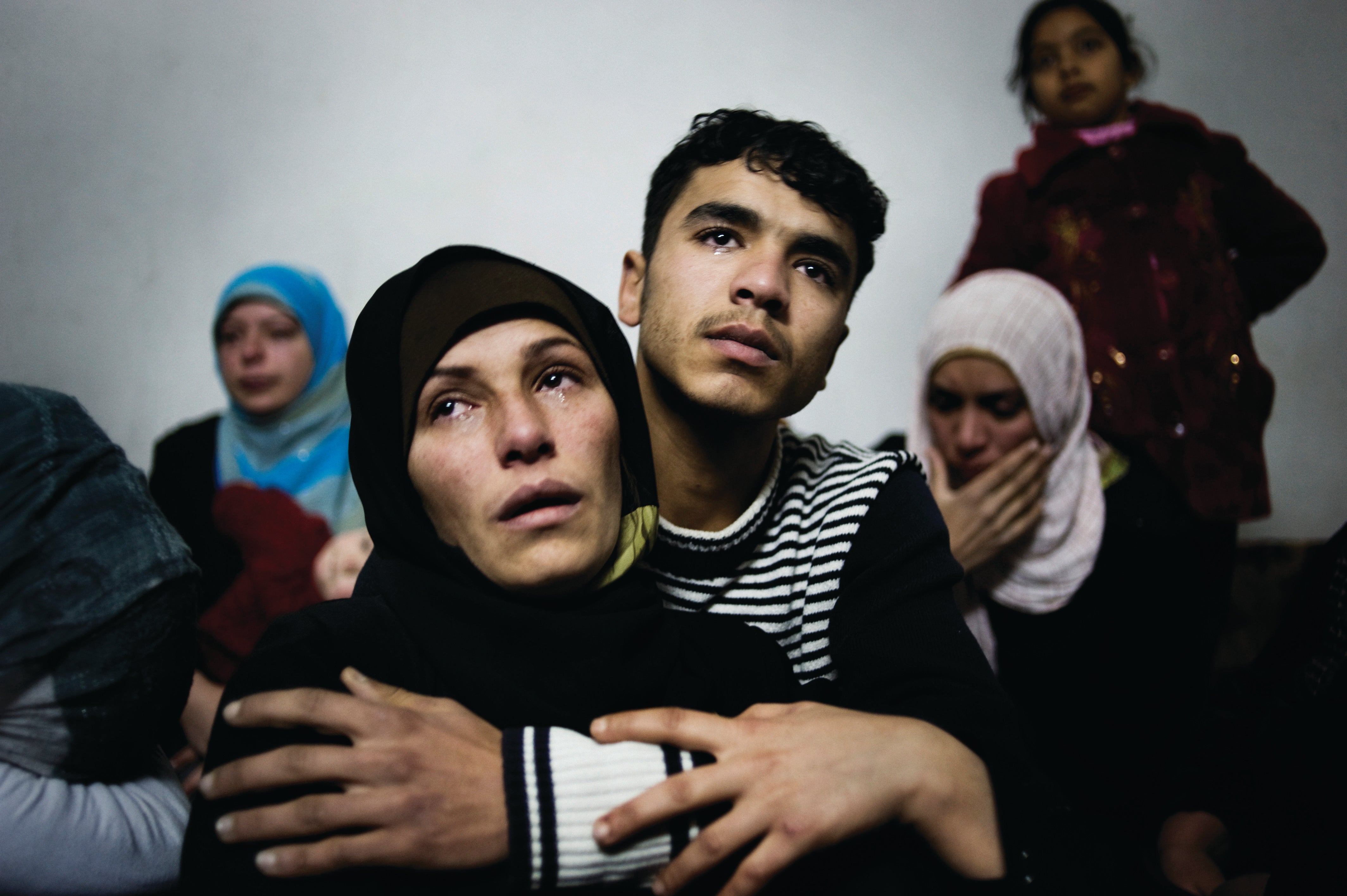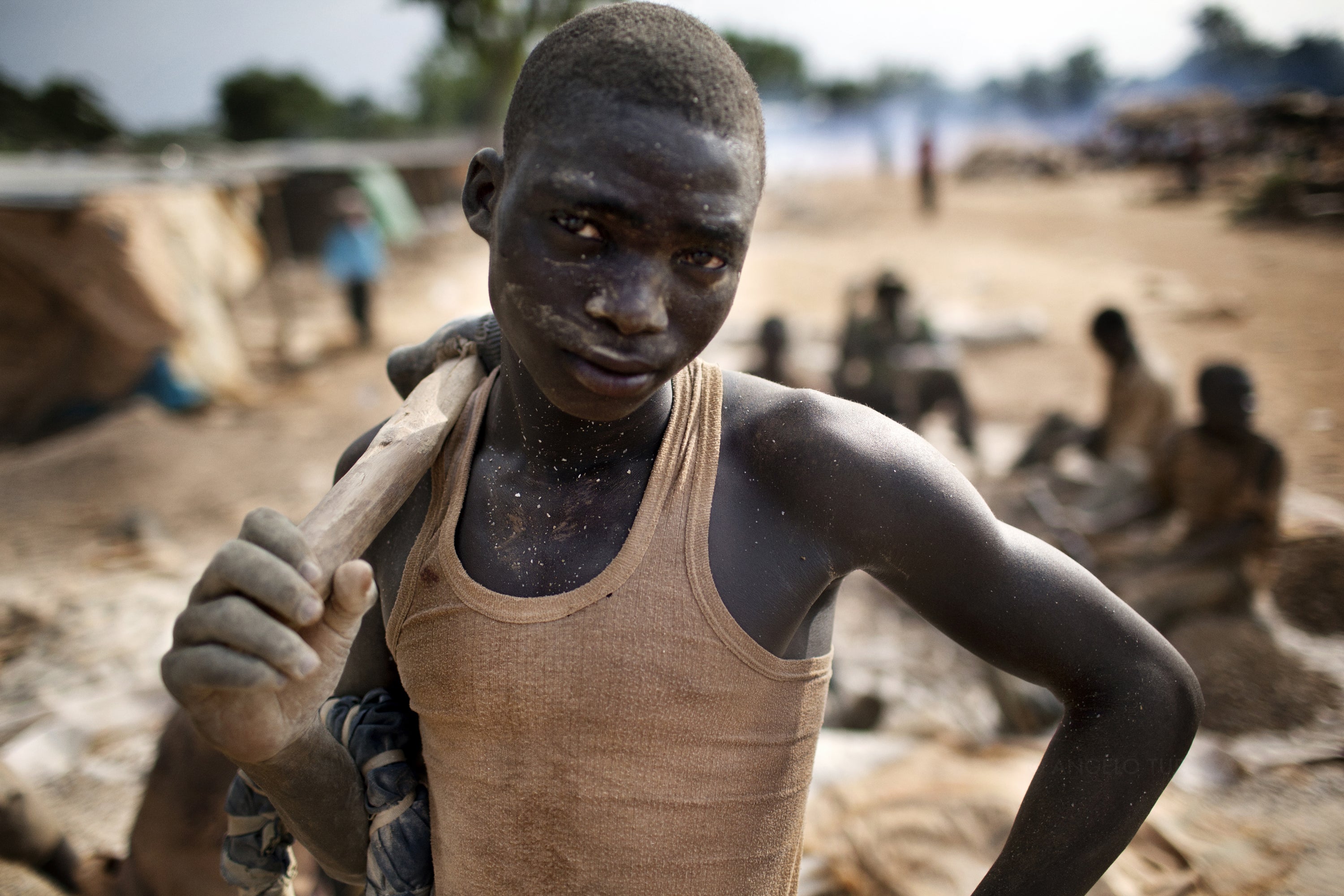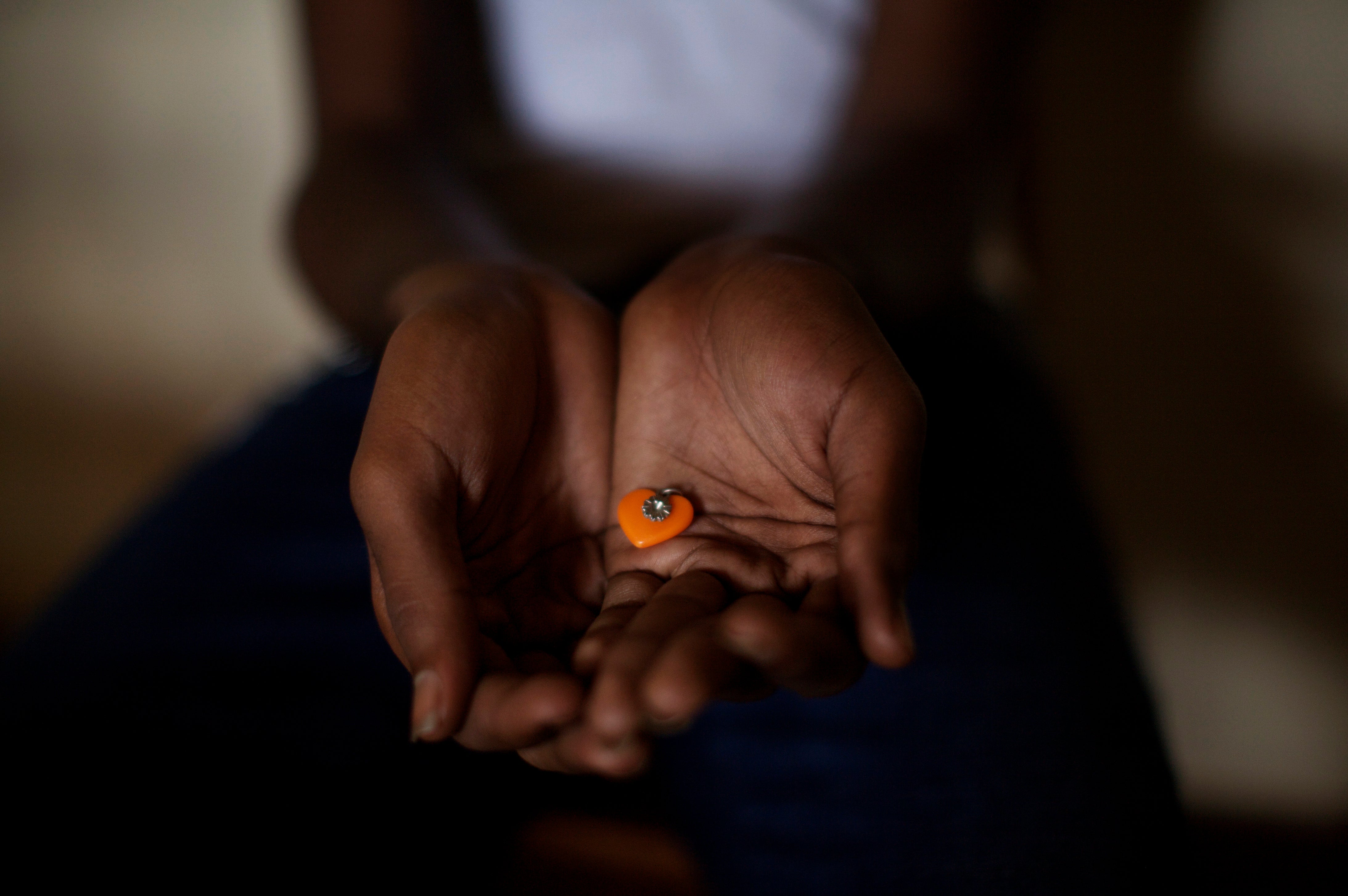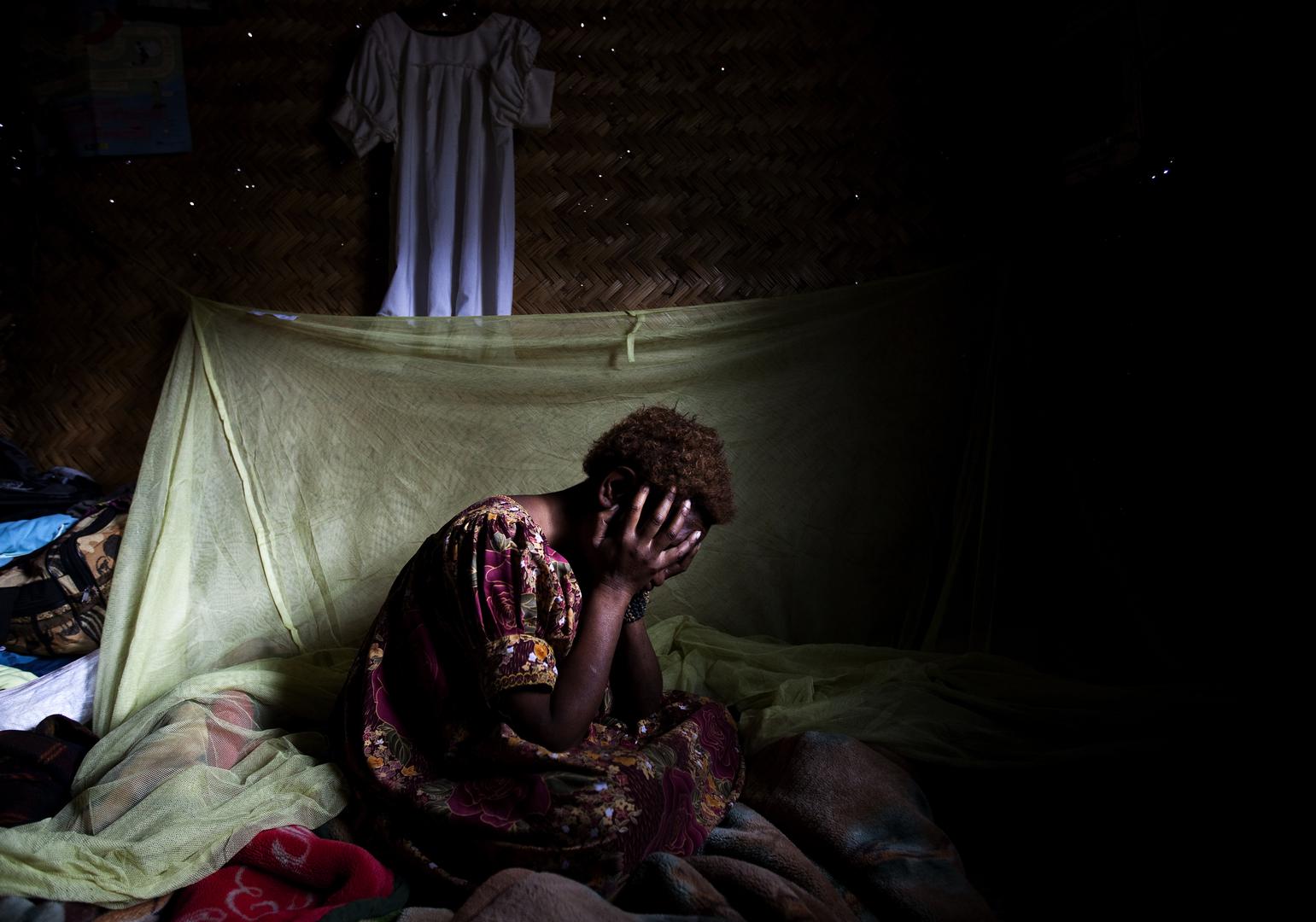Omani authorities in 2012 restricted the right to freedom of expression through use of criminal defamation laws, sentencing over 30 pro-reform activists to between 12 and 18 months’ imprisonment and substantial fines on the charge of “defaming the Sultan.”
Authorities restricted the freedoms of association and assembly, both in law and in practice.
Oman’s mostly elected Shura Council exercised limited legislative and oversight powers for the first time in late 2011, following royal decrees by Sultan Qabus bin Sa`id Al Sa`id, Oman’s ruler, in response to large-scale street demonstrations throughout the country in early 2011.
Pro-Reform Activists
On May 31, Omani authorities launched an assault on freedoms of expression and association through mass arrests and trials of peaceful online activists and demonstrators.
The crackdown began when police detained human rights activists Isma`il al-Meqbali, Habiba al-Hana’i, and Ya`coub al-Khorousi as they were traveling to the Fohoud oil field to interview striking oil workers. All three are founding members of the independent Omani Group for Human Rights. Authorities denied the men access to their families and lawyers for several days, eventually releasing al-Hana’i and al-Khorousi while holding al-Meqbali to investigate potential charges.
Over the following two weeks, authorities detained a group of 10 pro-reform activists allegedly for Facebook and Twitter comments critical of Omani authorities, particularly the arrests of al-Meqbali, al-Hana`i, and al-Khorousi. The arrests of online activists escalated following a June 4 statement by Muscat’s public prosecutor saying he would take “all appropriate legal measures” against activists who have made “inciting calls … under the pretext of freedom of expression.” He added that “the rise of rumors and incitement to engage in negative behavior eventually harms the nation, its citizens, and the national interests.
By the end of July, authorities had arrested another 22 online activists on the basis of alleged defamatory Facebook and Twitter comments. The public prosecutor charged 31 of the detained activists with “defaming the Sultan,” based on article 126 of Oman’s penal code, and violating provisions of Oman’s Information Crimes Law. One, Hamud al-Rashidi, faced the sole charge of “defaming the Sultan.” Following a series of group trials during July, August, and September, the Muscat Court of First Instance convicted 29 of the activists and sentenced them to between 6 and 18 months in prison and fines ranging from 200 to 1,000 Omani Riyals (US$520-$2,600). The court exonerated only one detainee, female activist Ameena al-Sa`adi.
Several of the detained activists, including Mukhtar al-Hana`i, Khaled al-Noufali, Sultan al-Sa`adi, and Hatem al-Maliki, challenged the charges on the basis that unknown persons had hacked their Facebook pages and posted the alleged defamatory remarks. On September 9, the lower court judge postponed their trials on the condition that each pay 500 Omani Riyals ($1,300) to hire a court-appointed technology expert to review the hacking allegations. Al-Noufai, al-Sa`adi, and al-Maliki paid for the review but were nonetheless convicted by the court on September 16. Al-Hana`i refused to pay, and the court convicted him on September 18.
Local activists told Human Rights Watch that many of the detainees reported ill-treatment in prison, including prolonged periods of solitary confinement, forced wearing of hoods whenever outside their cells (including while being escorted to the bathroom), sleep deprivation, loud music, and repeated verbal abuse from prison guards. One female detainee told Human Rights Watch that prison guards refused to grant her access to medical attention following several days on hunger strike.
Freedom of Assembly
Omani authorities require government approval for all public gatherings. In 2012, riot police quickly dispersed impromptu demonstrations and sit-ins.
On June 11, police arrested at least 20 protesters at a peaceful sit-in in front of the Special Section of the Omani Police in Muscat, where demonstrators believed authorities were holding activists detained during the first week of June. According to one participant, authorities sealed all roads leading to the station in the late afternoon, and 60 to 70 riot police officers descended in black vans and detained all the demonstrators.
Several of those participating in the sit-in, including Saeed al-Hashemi, Basma al-Kayoumi, Mukhtar al-Hana’i, and Basima al-Rajhi, had signed a public appeal earlier that day demanding the immediate release of the activists. They addressed the appeal to the president of the Shura Council; the president of the State Council, a purely consultative appointed body; the inspector general of police and customs; and the head of the quasi-official National Committee for Human Rights.
Omani police charged 11 demonstrators, including al-Rajhi, al-Hashemi, and al-Kayoumi, with “illegal gathering with the intention of provoking a riot” and “blocking the flow of traffic” under article 137 of Oman’s penal code. A Muscat lower court convicted them on August 8 and sentenced them to one year in prison and fines of 1,000 Omani Riyals ($2,600). At this writing all were free on bail pending appeal.
Naming Restrictions
The Ministry of Interior’s Committee for the Correction of Tribal Names and Titles continued to regulate and arbitrarily change tribal surnames, effectively assimilating members of one tribe into another. Despite numerous court decisions against ministry orders compelling members of the Al Towayyah and al-Khalifin tribes to change their surnames to names of other tribes, ministry officials continued to challenge the names of individuals when they attempted to renew identification documents.
In 2012, the Directorate General of Civil Status, a branch of the Royal Oman Police, continued its policy of restricting names permitted to newborns to those found on a civil registry database. Any newborn whose name was not found in the database and consequently rejected could not get a birth certificate until the parents submitted an acceptable name. Activists reported that the appeals process was lengthy and unclear.
Women’s Rights
Article 17 of Oman’s Basic Law officially bans discrimination on the basis of gender, and authorities have made efforts to ensure that women are visibly represented at the highest levels of government and society.
Oman adjudicates family law and personal status matters in religious courts in which judges base rulings on their interpretations of Islamic law. Individuals have no option to seek adjudication pursuant to a civil code. Family law as generally interpreted discriminates against women in matters of divorce, inheritance, child custody, and legal guardianship, granting men privileged status in these matters.
Key International Actors
Both the United States and the United Kingdom provide significant economic and military aid to the sultanate and both maintain a sizeable military presence there. Neither country altered its policy toward Oman in 2012 despite the ongoing protests and restrictions.




